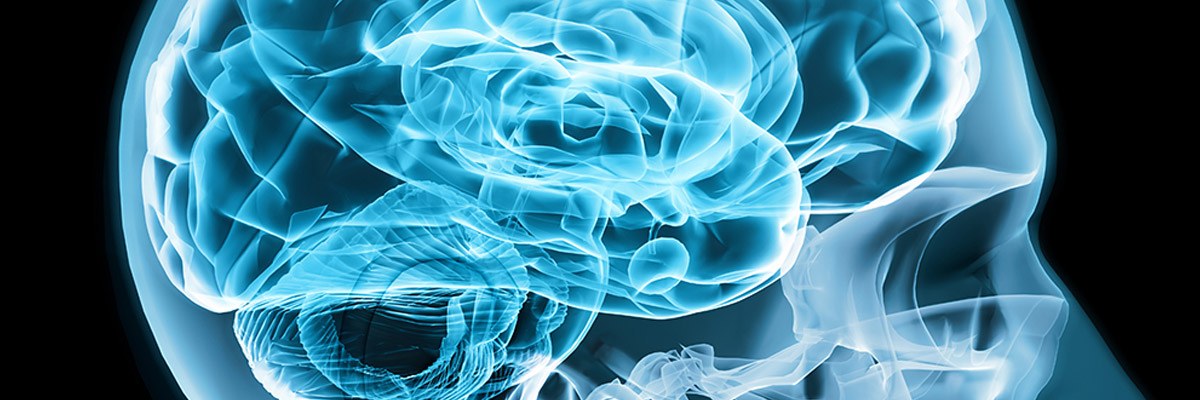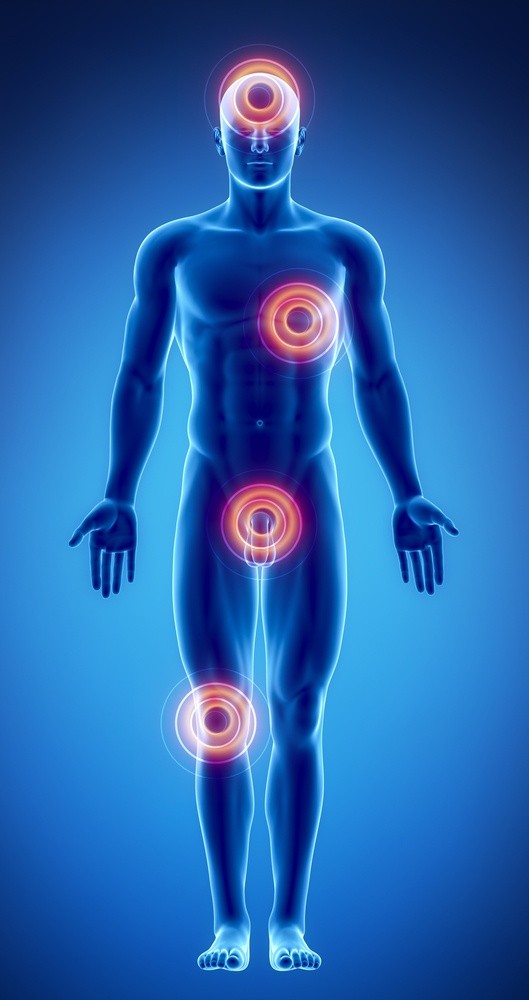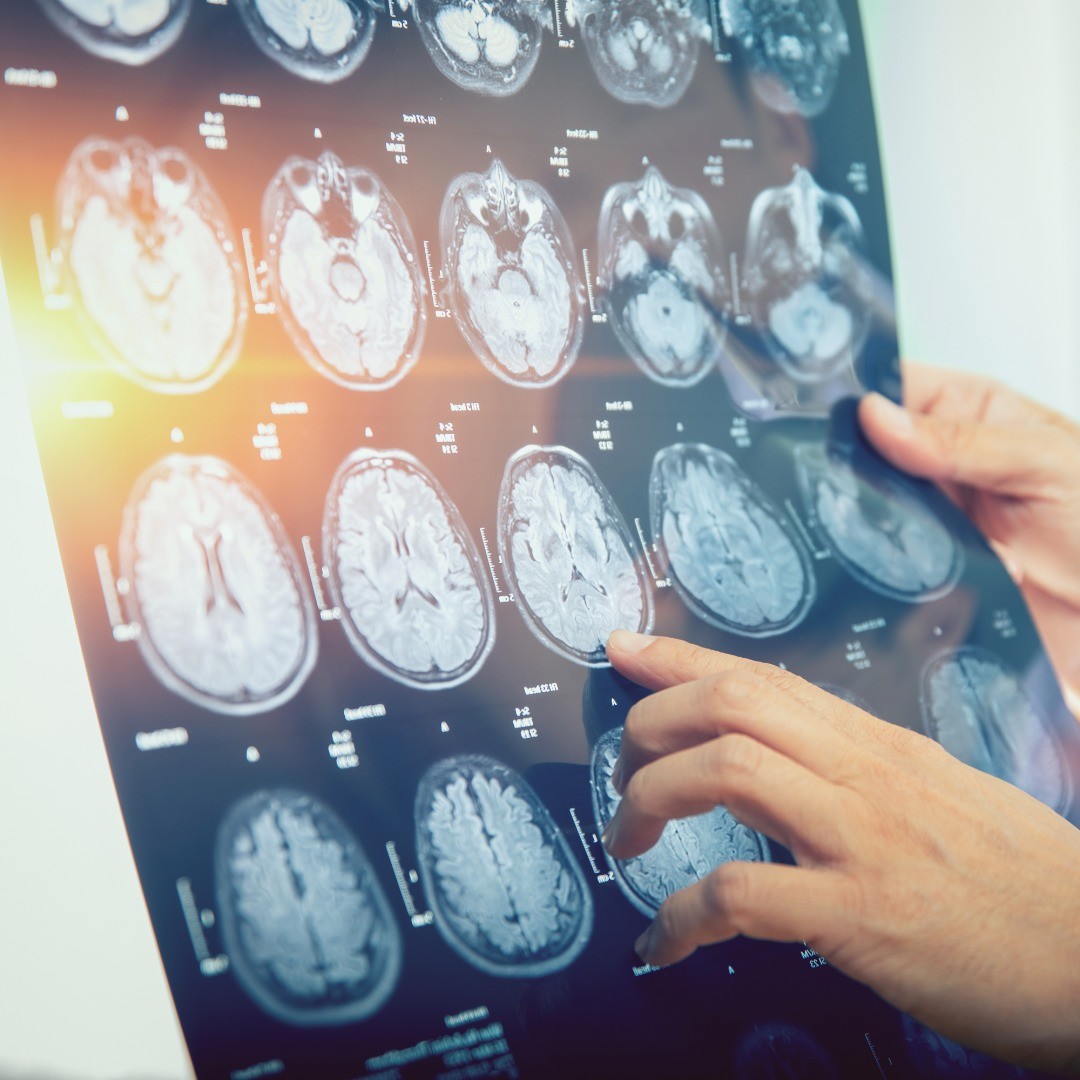- PATIENT FORMS | REQUEST A CONSULTATION | CONTACT US
- 1-844-NSPC-DOC
Seizure Disorder

What Is a Seizure Disorder?
Take ActionCauses of Seizure Disorders
Some seizure disorders are caused by other underlying conditions:
- brain infections such as meningitis and toxoplasmosis
- stroke
- brain tumor
- swelling of the brain — such as eclampsia during pregnancy
- metabolic disorders — for example, hypoglycemia
Other causes of seizure disorders include:
- drug usage — prescription drugs or recreational drugs such as cocaine or amphetamines
- exposure to poisons — for example, carbon monoxide or lead
- brain damage from a lack of oxygen
- high fevers — can cause febrile seizures, most often in young children
- brain injuries from vehicular accidents or other trauma
Some seizures are idiopathic and don’t have a known cause.

Symptoms of Seizure Disorder
There are many different types of epilepsy, and many of them have different symptoms:
Partial seizures take place in one lobe of the brain:
- During a simple partial seizure, the person doesn’t lose consciousness but may have sensory distortions about what they hear, see or feel.
- Complex partial seizures begin in one hemisphere of the brain and quickly spread to a nearby region. The person may lose awareness, but not consciousness.
- Symptoms depend on where in the brain the disturbance in electrical activity occurs; some people have seizures that are not noticeable to others.
- Tonic-clonic seizure: a person may cry out, lose consciousness and fall to the ground, and convulse, often violently.
- Complex partial seizure: a person may appear confused or dazed and will not be able to respond to questions or directions.
- Sometimes, the only clue that a person is having an absence seizure is rapid blinking or a few seconds of staring into space.
Generalized seizures start deep within the brain and quickly expand to both hemispheres of the brain:
- Atonic seizure — the person loses muscle tone and will fall down if standing or head may nod.
- Tonic seizure — muscles will stiffen and the person will have rigid movements.
- Tonic-clonic seizure — has both involuntary contractions and loss of muscle tone which can lead to jerking movements and convulsions.
- Absence seizure — the person may have a faraway look, “blanking out,” may not hear or see anything for a few seconds to a couple of minutes, and will appear “absent.”
- Myoclonic seizure — fast, jerking movements.
Other seizure disorder symptoms can include confusion, an unexpected change in emotional state after an episode, and loss of bladder or bowel control.

How Are Seizure Disorders Diagnosed?
Along with blood tests to check for metabolic issues and a complete medical history, your neurologist will use brain imaging to diagnose your seizure disorder.
Electroencephalography (EEG) can confirm if you have epilepsy. If a seizure is not triggered during the first EEG exam, video-EEG monitoring may be used to help determine the triggers, symptoms and location of your seizure disorder.
A lumbar puncture to test your cerebrospinal fluid can help rule out any infections of the brain. Magnetic resonance imaging (MRI) can look for hemorrhaging in the brain. Computed tomography (CT) scan, positron emission tomography (PET) and single-photon emission computerized tomography (SPECT) may be used to provide other state-of-the-art brain imaging.

Premier Treatments for Seizure Disorders at NSPC
As the New York region’s leading neurosurgical practice, NSPC Brain & Spine Surgery (NSPC) (NSPC) has expert board-certified physicians to provide cutting-edge treatments for your seizure disorder.
Antiepileptic drugs (AEDs) are successful in reducing or eliminating seizure symptoms in many patients. However, for some types of seizure disorders, if anticonvulsants are ineffective, then neurostimulation or surgery may be a good option.
Vagus Nerve Stimulation can help regulate cerebral electrical activity by delivering programmed electrical pulses via the vagus nerve to the brain. Vagal nerve stimulation is a less invasive procedure than deep brain stimulation and does not involve brain surgery.
Corpus Callosotomy is a surgical disconnection (can be partial or complete) between the left and right hemispheres. For intractable epilepsy that starts in one half of the brain and spreads to the other half, a corpus callosotomy may limit the seizure symptoms.
Temporal Lobectomy is a type of brain surgery that removes a portion of the temporal lobe where temporal lobe epilepsy originates. A selective amygdalohippocampectomy only extracts the amygdala and the hippocampus, keeping the neighboring brain tissues intact.
Extratemporal Cortical Resection is surgery that removes epilepsy foci (sites where seizures begin) that is not in the temporal lobe.
Neuropace RNS® System is a form of neurostimulation that responds to abnormal brain activity by sending regulating pulses to prevent seizures before they start.
Deep Brain Stimulation involves inserting electrodes deep into the brain where the seizure originates to provide normalizing electrical charges to the brain.
NSPC is home to world-class seizure specialists, backed up by an outstanding team of medical professionals from across several related disciplines. We serve Long Island, New York, and the NY tri-state area, as well as patients from much further afield.

Related NSPC Center
Long Island Brain and Spine Tumor Center
NSPC provides state-of-the-art treatment of benign and malignant brain and spine tumors, using minimally invasive procedures like Gamma Knife®, Novalis TX™, and CyberKnife® rather than major surgery whenever appropriate. Our physicians also perform experienced pediatric neurosurgery — they give personalized, individual attention combined with knowledge and experience to take on the most challenging of cases.
Connect With Our 7 Convenient Locations
across Long Island, NY
Our expert physicians, surgeons and doctors are ready to serve you at our 7 convenient locations across Long Island, NY. Connect today to learn how our award winning, world class experts can help.
4250 Hempstead Turnpike Suite 4,
Bethpage, NY 11714
(516) 605-2720
COMMACK
353 Veterans Memorial Hwy,
Commack, NY 11725
(631) 864-3900
One Hollow Lane, Suite 212
Lake Success, NY 11042
(516) 442-2250
MANHATTAN
215 E. 77th Street Ground Floor
New York, NY 10075
(646) 809-4719
EAST SETAUKET
226 North Belle Mead Road, Suite C
East Setauket, NY 11733
(631) 828-3001
100 Merrick Road, Suite 128W
Rockville Centre, NY 11570
(516) 255-9031
WEST ISLIP
500 Montauk Hwy
West Islip, NY 11795
(631) 983-8400
World
Class
Expertise
For over 50 years & 350,000 patients NSPC has been a trusted global medical leader.
Contact us today for an appointment or consultation.
